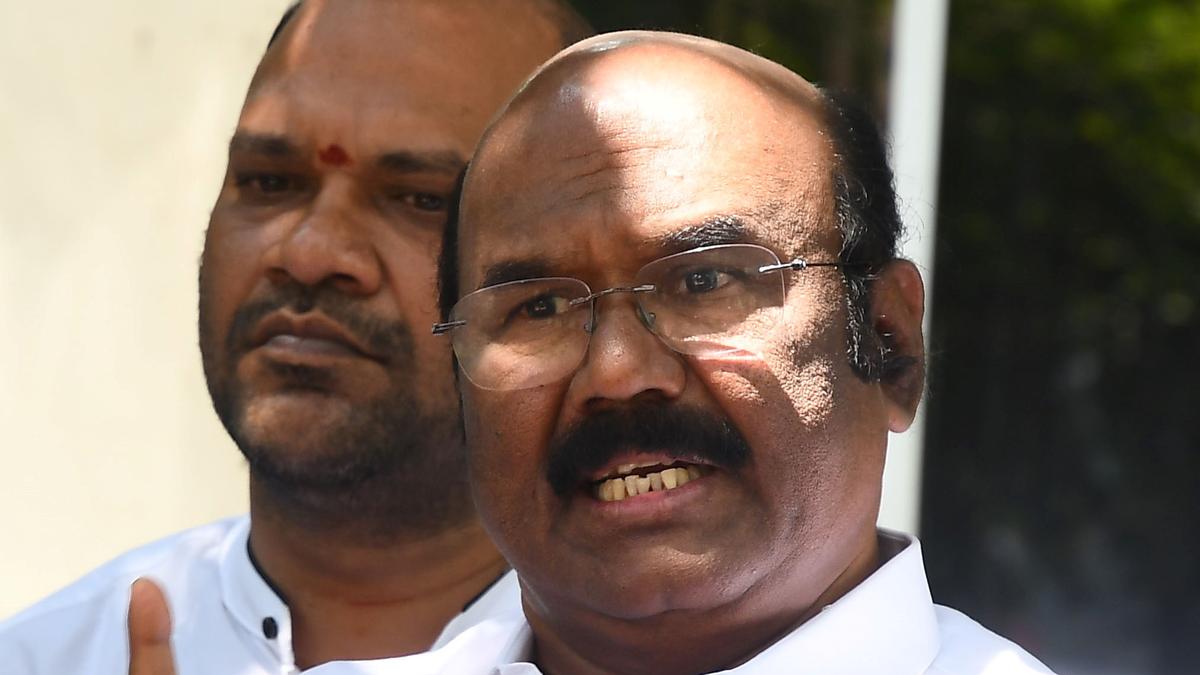By Angelica Leicht
Copyright cbsnews

Many of the Americans who are turning 65 soon — or those who qualify earlier due to disability — will face a major financial and healthcare milestone: enrolling in Medicare for the first time. This healthcare coverage program, which covers hospital stays, doctor visits and prescription drugs for retirees and seniors, currently supports nearly 69 million beneficiaries nationwide, according to the latest monthly enrollee data. For many of these retirees, Medicare represents both peace of mind and a crucial safety net that helps manage medical expenses after they’ve stopped working. But the high earners who are approaching retirement may find themselves wondering if the financial success that defined their careers could somehow exclude them from the program. That concern isn’t entirely unfounded, either. Medicare operates differently than many other government programs and income does play a significant role in the process. Understanding exactly how your earnings affect Medicare eligibility and costs is also crucial for retirement planning. So, if you’re wondering whether you can make too much money to be eligible for Medicare, there are some items you should know.Compare your Medicare supplemental coverage options online now.Can you make too much money to be eligible for Medicare?In general, no, you cannot make too much money to be eligible for Medicare. After all, Medicare eligibility is not restricted by income. If you’re 65 or older or you qualify due to a disability, you can enroll in Medicare Part A (hospital insurance) and Part B (medical insurance) regardless of how much you earn.However, your income does affect how much you pay for some parts of Medicare. This is known as the Income-Related Monthly Adjustment Amount (IRMAA). Here’s how that works in practice:Part A: Most people pay nothing for hospital coverage if they or a spouse paid Medicare taxes while working. Income generally doesn’t increase this cost.Part B: Standard premiums in 2025 are $185 per month. But for individuals with a modified adjusted gross income (MAGI) above $106,000, or $212,000 for married couples filing jointly, the monthly premium rises based on income brackets. For the wealthiest beneficiaries, Part B premiums can top $628 per month.Part D (prescription drug coverage): Income also affects these premiums, using a similar IRMAA formula. Standard Part D plans vary by provider, but high earners face additional monthly surcharges depending on their income bracket. These surcharges are collected directly by Medicare, separate from your plan’s base premium.What makes this particularly challenging is that IRMAA calculations use income from two years ago. So your 2024 premiums are based on your 2022 tax return, meaning recent retirees might face high-earner penalties even after their paychecks have stopped.Learn more about the Medicare supplemental coverage available to you here.What to do if you have a higher income in retirementIf you anticipate having a higher income in retirement, there are steps you can take to manage Medicare costs, including the following:Plan your withdrawals strategically. Income from traditional IRAs, 401(k)s and taxable investments can push you into higher IRMAA brackets. Coordinating withdrawals across different accounts could help reduce your reported income in the year your Medicare premiums are assessed.Consider Roth conversions. Converting some retirement savings to a Roth IRA can create tax-free growth. Because Roth distributions aren’t counted toward MAGI, they won’t increase your Medicare premiums.Review Medicare plan choices annually. Higher-income beneficiaries may still benefit from supplemental coverage like Medigap or Medicare Advantage. So, compare your options carefully to see which plans offset higher premiums while meeting your health needs.File an income-related appeal if needed. If your income drops unexpectedly due to retirement, job loss or other circumstances, you can request a reduction in your IRMAA. Documentation like tax returns or benefit statements will be required.The bottom lineYou cannot make too much money to qualify for Medicare. Eligibility is based on age or disability status, not income. That said, higher earnings can trigger income-based surcharges on premiums, particularly for Part B and Part D coverage. But planning ahead through withdrawal strategies, Roth conversions and careful review of coverage options can help you manage these costs and maintain affordable access to health care in retirement. While wealth won’t keep you out of the program, this type of thoughtful planning can prevent unnecessary extra spending and make your retirement health care costs more predictable.



